If pop songs and a ban on the use of the word ‘hotdog’or ‘icecream’ were not enough, North Korean dictator Kim Jong-un has added breast implants to his list of “anti-socialist” wrongs.
According to the Telegraph, the supreme leader has declared cosmetic surgery, especially breast enlargement procedures, as “bourgeois,” calling it a symbol of capitalist vanity that corrupts the country’s values.
In a country where even a haircut can be dictated by the state, this latest ban pushes the limits of how far the regime is willing to go in controlling personal choices.
Here’s a look at the latest crackdown
Public trial for getting breast implants
North Korea’s latest crackdown on cosmetic surgery made headlines after a doctor and two women in their 20s were hauled before a public trial in Sariwon, a city around 75 km from Pyongyang, for undergoing illegal breast implant procedures.
The doctor, according to South Korean outlet Daily NK, had dropped out of medical school before completing his programme and was secretly performing surgeries at home. He allegedly used silicone smuggled in from China when he was caught.
The trial, which attracted a large audience, stirred shock as details of the trio’s backgrounds and the investigation were revealed. Authorities even displayed medical tools, bundles of cash, and imported silicone seized from the doctor as evidence.
Eyewitnesses said the doctor stood on stage with his head bowed the entire time, while the two women, too ashamed to lift their faces, admitted they had gone through the procedure because they wanted to improve their figure.
But prosecutors were quick to condemn them, accusing the women of being “tainted by bourgeois customs” and indulging in “rotten capitalist behaviour.”
The judge echoed those sentiments, promising “strict punishment” and declaring, “Instead of being loyal to the organisation and collective, they were consumed by vanity and became poisonous weeds that erode the socialist system.”
The most disturbing revelation came when it emerged that the Security Bureau had carried out physical examinations on other women suspected of breast surgery, leaving many in the audience horrified, Daily NK reported.
Crackdown on breast implants
In the wake of the trial, North Korea’s Ministry of Public Safety issued an emergency order to launch a full-scale crackdown on cosmetic surgery.
Local neighbourhood watch groups have been instructed to flag women who appear to have undergone breast augmentation or even double-eyelid surgery. Those identified will be sent to hospitals for further examinations.
A source told Daily NK that “strike teams” are already patrolling central Pyongyang in plain clothes to catch offenders. Women and doctors found guilty face criminal punishment, including stints in labour training camps, on charges of “anti-socialist behaviour.”
As a result, many young women in Sariwon are reportedly terrified of being subjected to invasive checks if authorities suspect them of having had surgery.
North Korea’s long list of bizarre bans
This isn’t the first time Kim Jong Un’s regime has targeted personal freedoms in the name of fighting “western influence.”
In recent months, the government banned everyday words like “ice cream,” “hamburger,” and “karaoke,” forcing citizens to use long-winded state-approved alternatives. For instance, “ice cream” must be called eseukimo or eoreumboseungi, “hamburger” becomes dajin-gogi gyeopppang (literally “double bread with ground beef”), and karaoke is reduced to “on-screen accompaniment machine.”
Earlier this year, hot dogs were outlawed entirely, with eating, serving, or selling them labelled as treason. Reports also suggest that even South Korea’s beloved street food, tteokbokki, or spicy rice cakes, has been banned.
Fashion and grooming are heavily policed too. Short skirts, jeans, flashy clothes, logos, high heels, and unauthorised makeup are strictly prohibited. Hairstyles are limited to state-approved cuts, with rules on acceptable hair length for both men and women.
A recent United Nations review highlighted that repression in North Korea has only worsened over the last decade, particularly against citizens who access foreign media.
It reported, cited by the BBC, even claimed that executions have been carried out against people caught watching foreign films or dramas, evidence, it said, that “no other population is under such restrictions in today’s world.”
With input from agencies


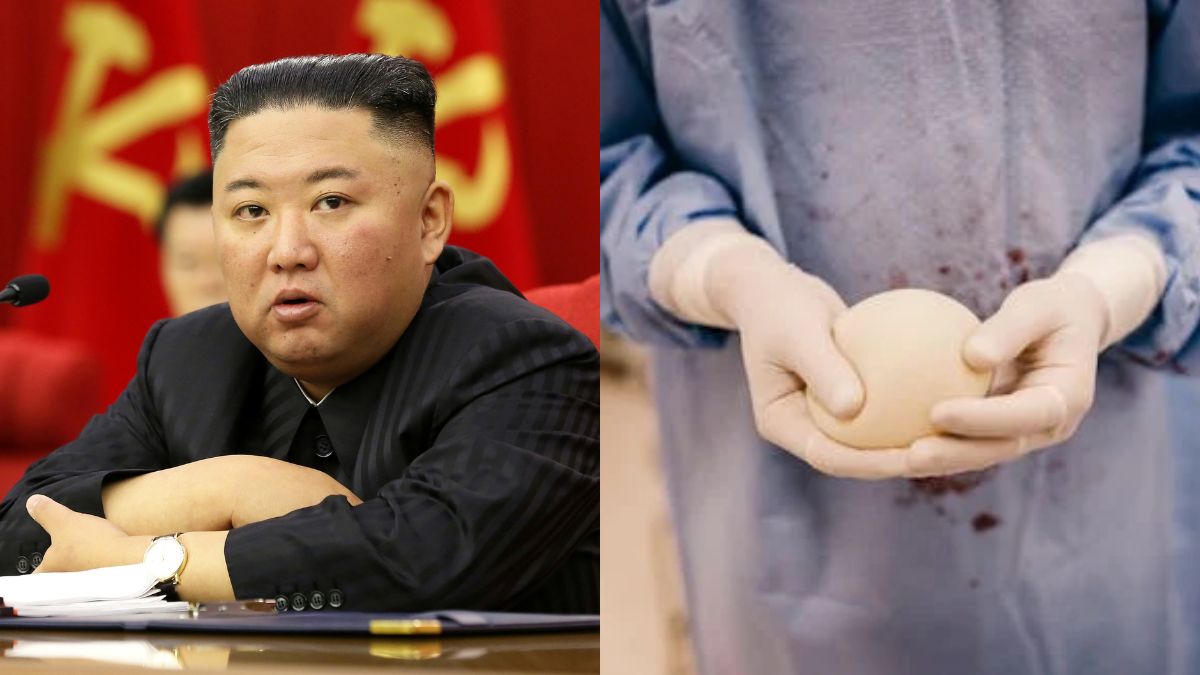)

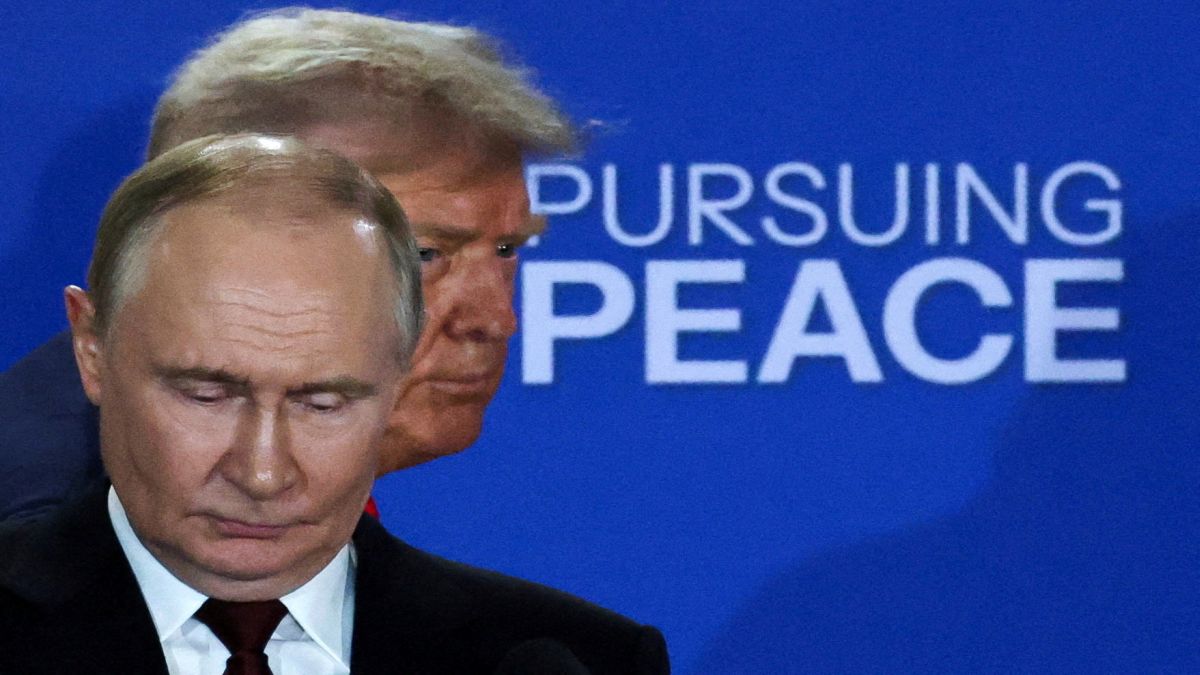)
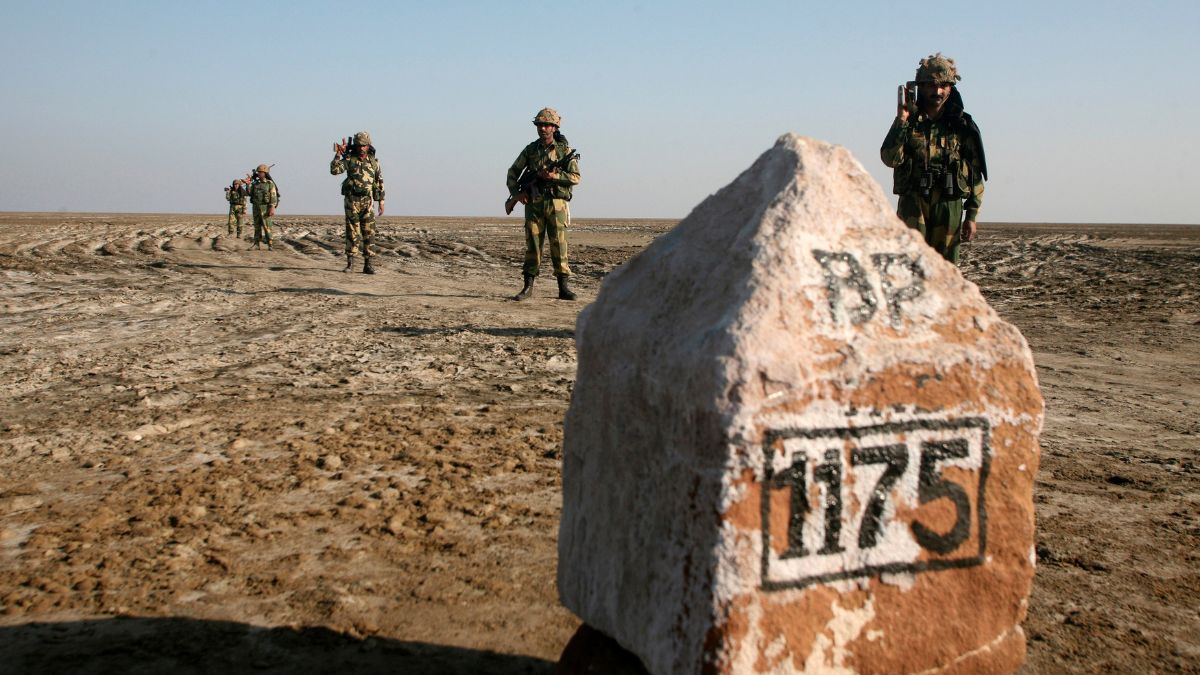)
)
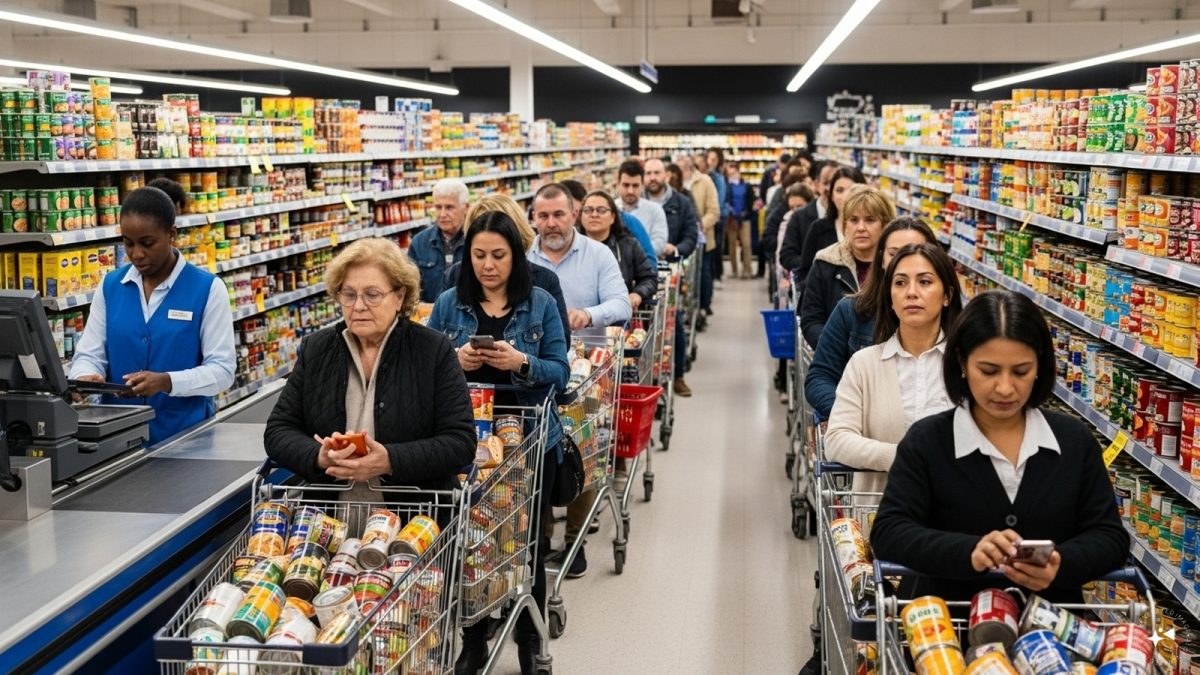)
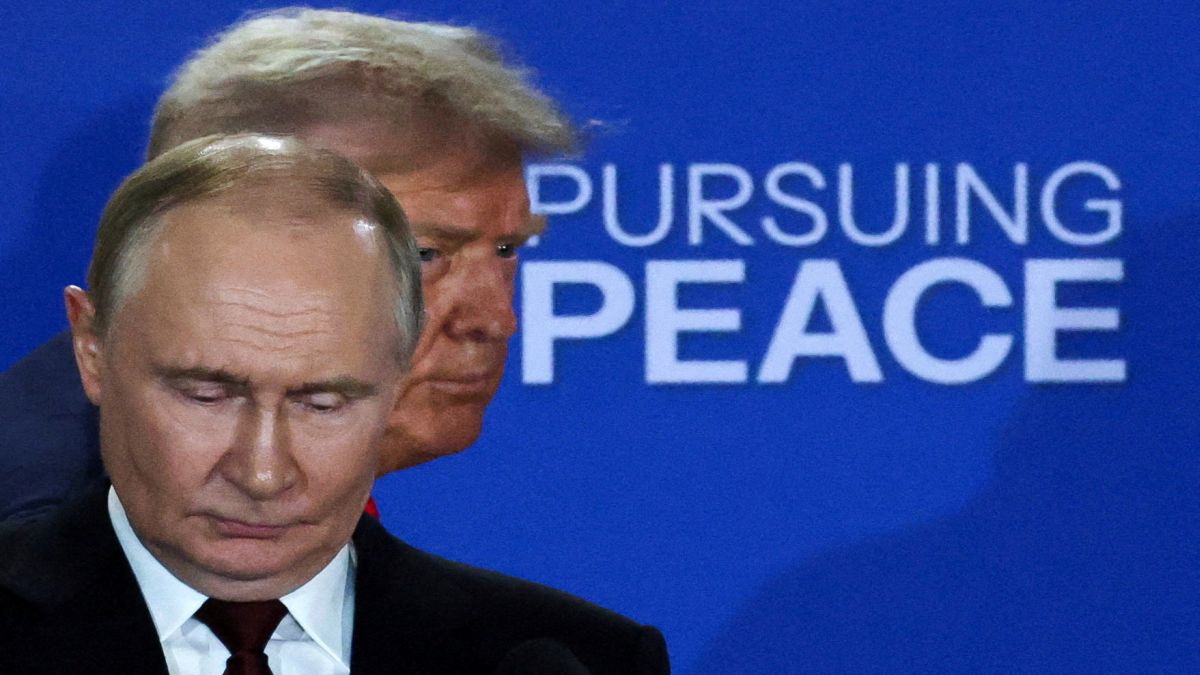)
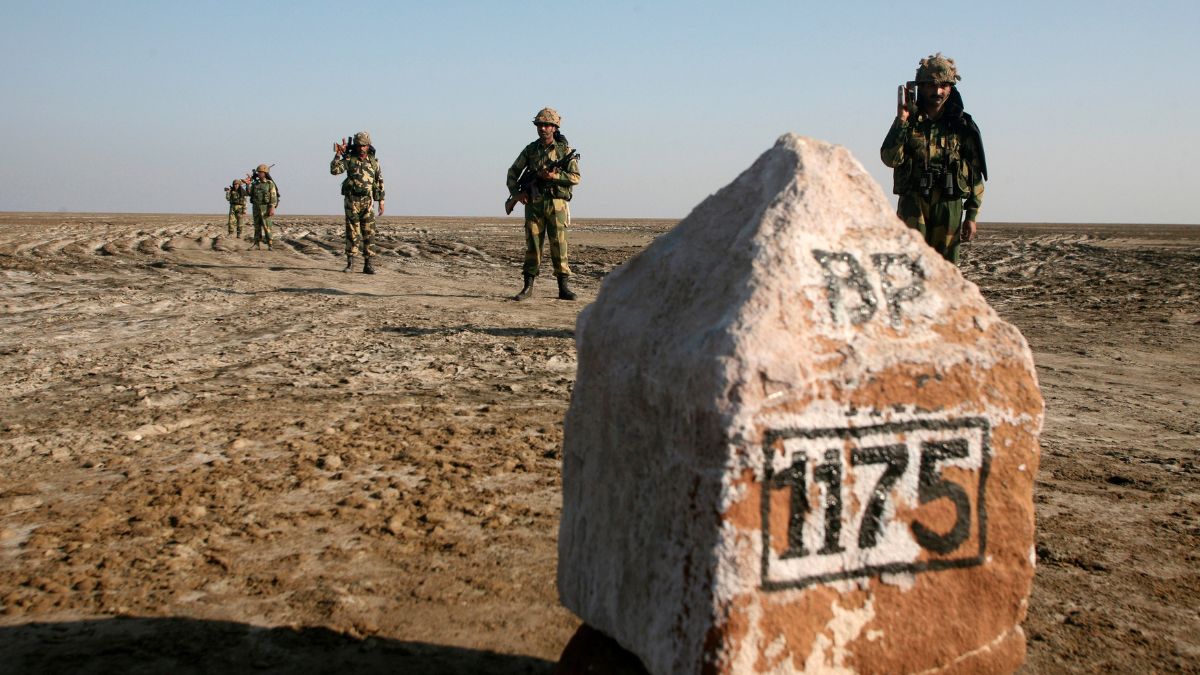)
)
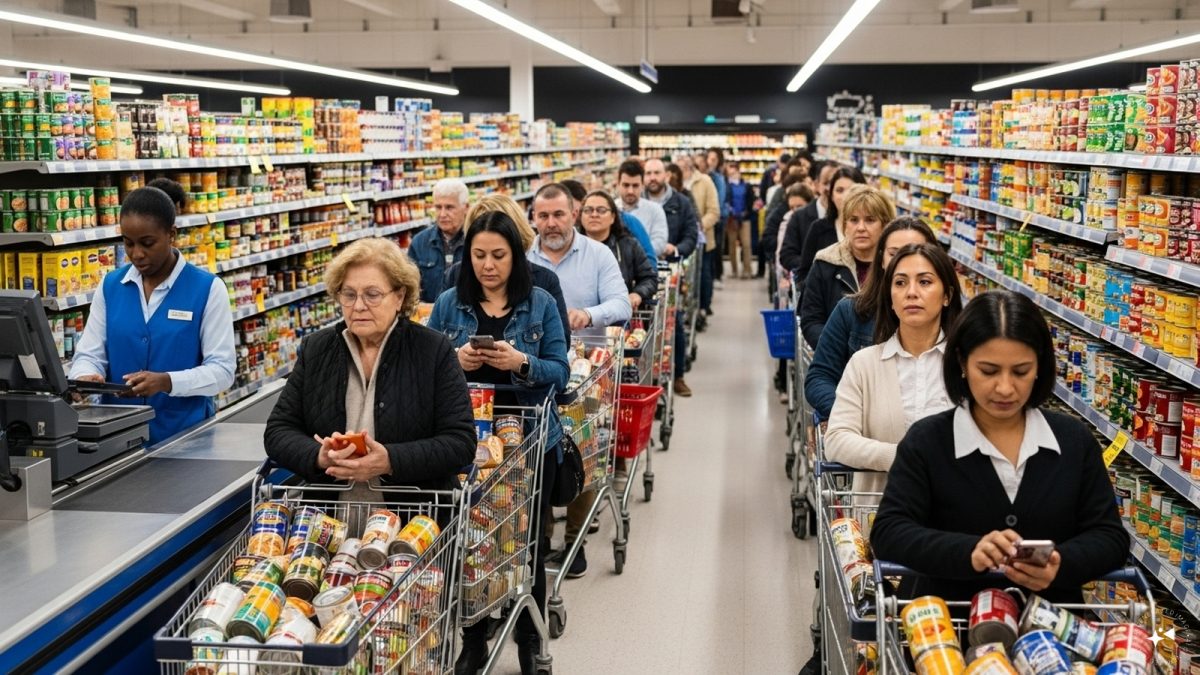)



